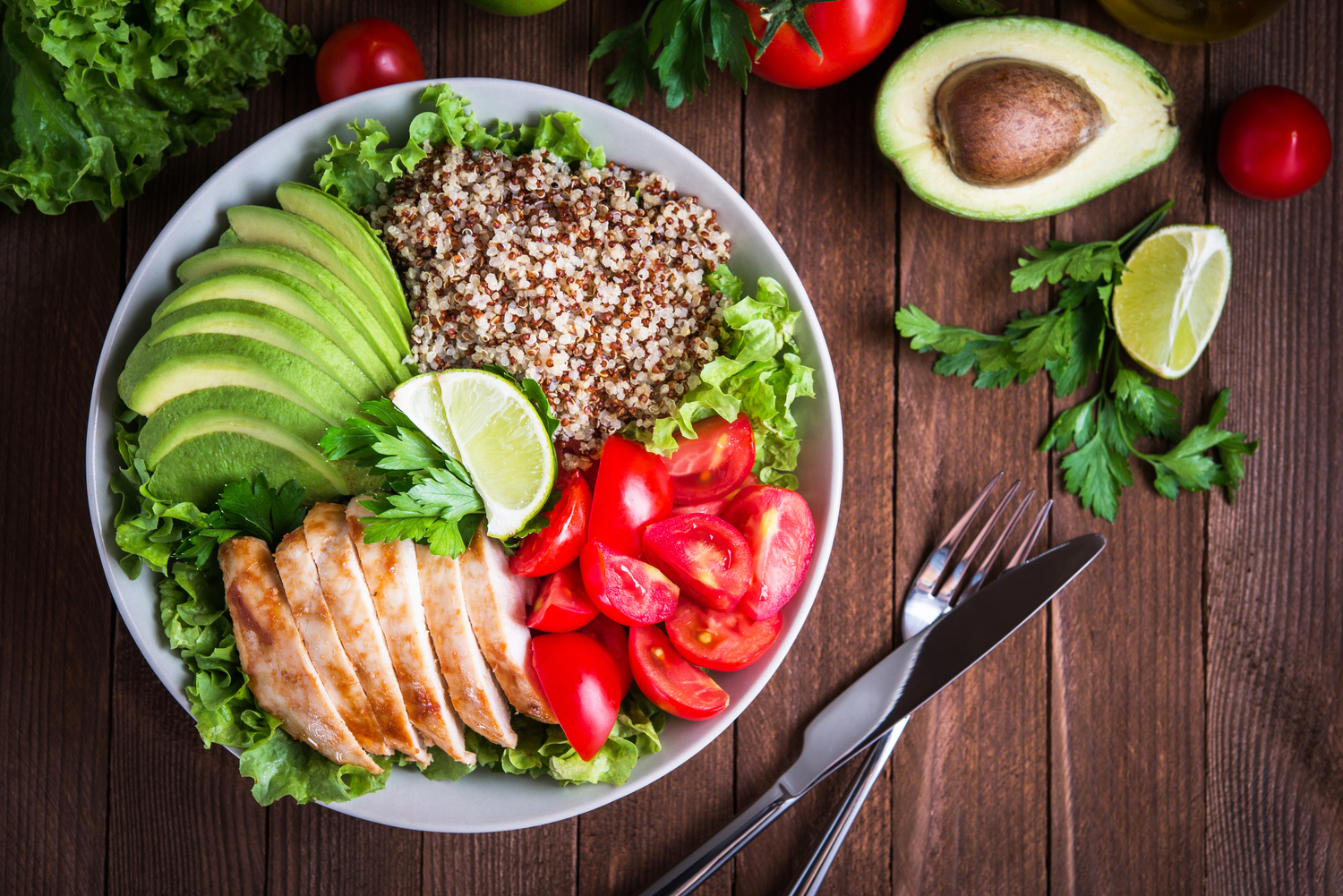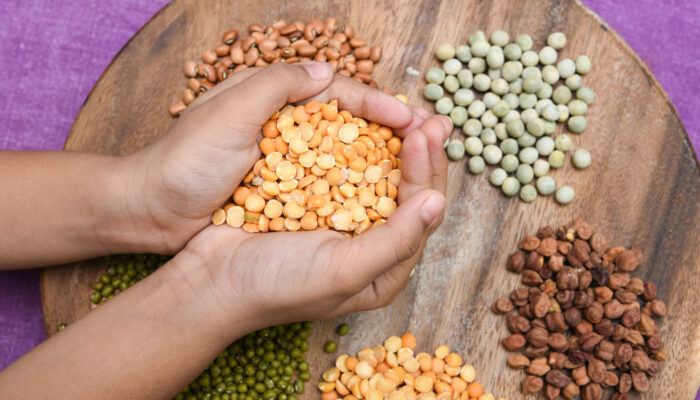
Food Impact on Common Thyroid Diseases
The thyroid gland is a small butterfly-shaped gland in the throat. This small but mighty organ is a part of the body’s endocrine system and thyroid hormones impact the entire body. A slight imbalance in the levels of thyroid hormones in the body can have a serious impact on energy and metabolism. There are two distinct types of thyroid hormone imbalances, and it is important to understand the differences between them.
Hyperthyroidism is a condition where the body produces excess levels of thyroid hormone. The most common type of hyperthyroidism is Graves’ disease. Hypothyroidism is where the body does not produce enough thyroid hormones. The most common type of hypothyroidism is Hashimoto’s disease. Diet can have a significant impact on thyroid diseases. Here are some foods that affect thyroid diseases:
1. Brazil nuts
These tasty treats are high in not only iron but also selenium. Selenium is a micronutrient that helps support thyroid health. Selenium is beneficial for both hypothyroidism and hyperthyroidism. Selenium also helps symptoms of thyroid eye disease. Just a few nuts each day supplies enough selenium to support good thyroid health.
2. Cruciferous vegetables
Vegetables such as broccoli, cauliflower, kale, and greens may be great for some aspect of healthy living but if you have a thyroid condition, this group of foods is part of the family of vegetables known to have goitrogens. Goitrogens interfere with thyroid function. Sufferers of hyperthyroidism may find eating vegetables in this family help lower thyroid hormones, while people with hypothyroidism should only eat vegetables from this group with care.
3. Eggs
Eggs have both selenium and iodine. Iodine is important for good thyroid function in people with hypothyroidism. For those suffering with hyperthyroidism, they should avoid excess iodine and should limit egg consumption.
4. Fatty fish
Fatty fish such as salmon, tuna, and sardines have a positive impact on thyroid health. These types of fish have both omega-3 fatty acids and selenium. Omega-3 fatty acids lower inflammation, which can add to the body’s immune response. This can help symptoms of autoimmune-related thyroid conditions.
5. Salt
People with thyroid conditions should be mindful of the type of salt they use. Most table salt has iodine. Iodine helps prevent the development of an enlarged thyroid gland, goiters, which were more common in the past. People with a hyperthyroid condition should avoid iodized salt.
6. Seafood
Most seafood has considerable amounts of iodine. Eating seafood for those with hypothyroidism may help shrink thyroid nodules. For those with hyperthyroidism, the iodine in seafood can make their symptoms worse.
7. Pumpkin seeds
Pumpkin seeds are high in zinc. Zinc is helpful for thyroid health. Zinc is vital to the proper use of thyroid hormones in the body. People with hypothyroidism should ensure they have adequate zinc intake. Zinc is also beneficial for those with hyperthyroidism.



